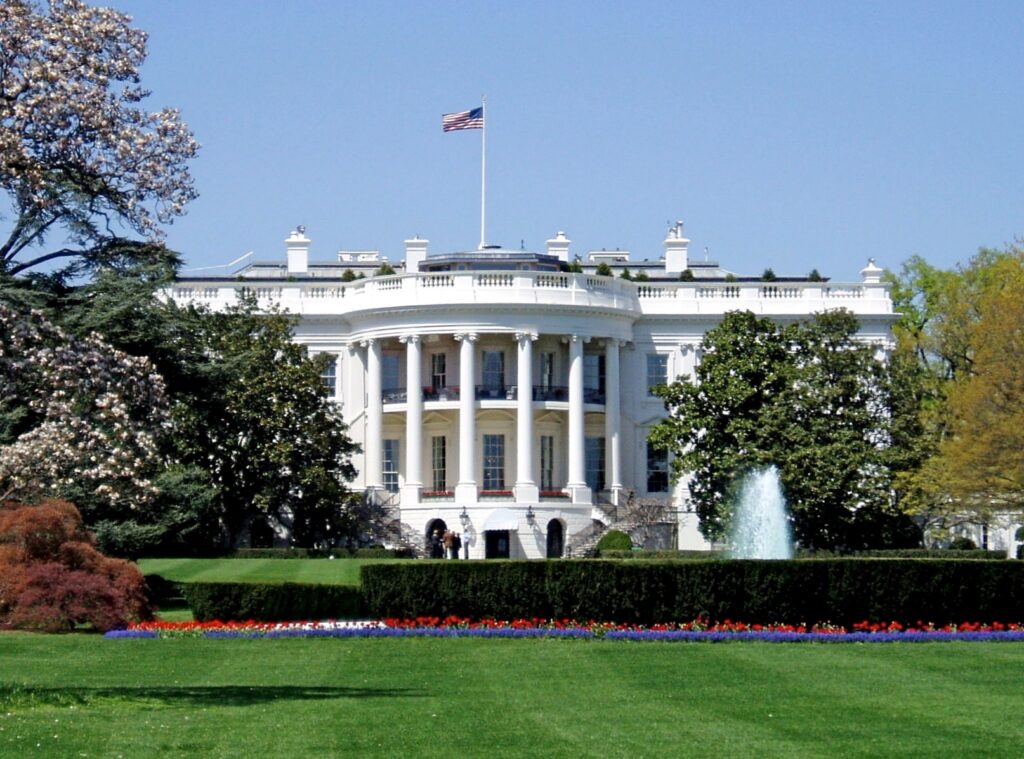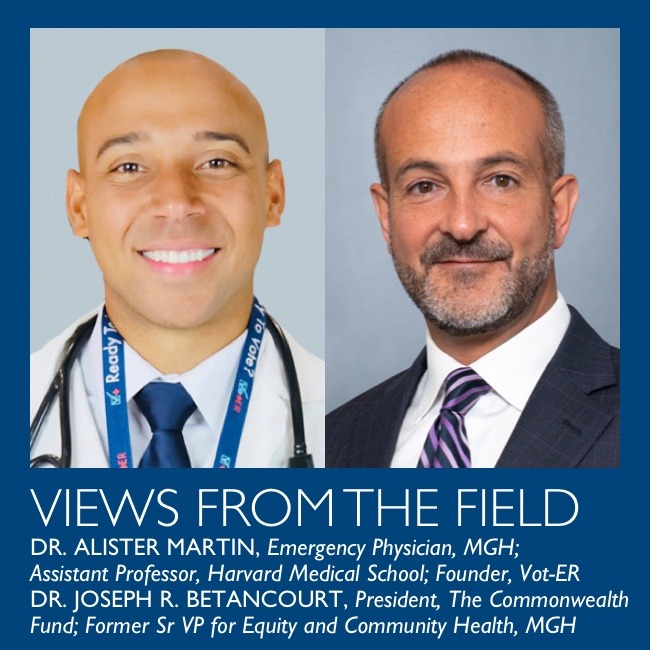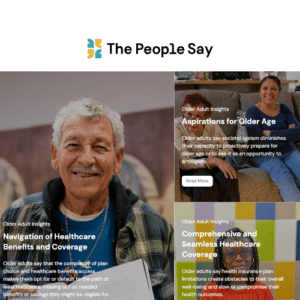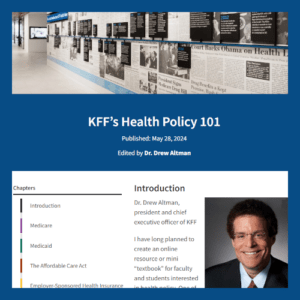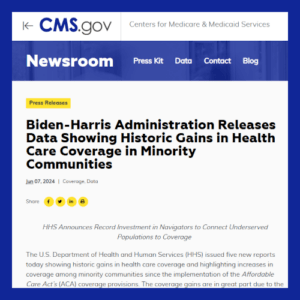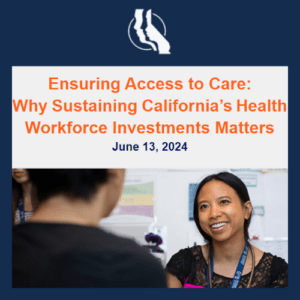The Final Reconciliation Package: Implementation of Key Provisions
On July 4, 2025, H.R. 1, the One Big Beautiful Bill Act, was signed into law. The implementation dates for key health care provisions in the law vary, with some taking effect immediately upon passage and others being implemented over several years. This resource details key dates for the implementation of the law’s most significant health care provisions.
Deadlines in Health-Related Executive Orders and Presidential Memoranda
This GIH policy resource details many of the health-related executive orders issued by the administration and includes a calendar of upcoming implementation deadlines.
Beyond the Exam Room: Impacting Health Outcomes Through Civic Engagement
August marks Civic Health Month, a time to showcase the link between voting and health and celebrate efforts that ensure every voter can support their community’s health at the ballot box. At the same time, the United States is grappling with a health care system ranked 37th globally despite consuming 17 percent of the country’s GDP. With 26 million Americans uninsured and 43 million underinsured, the gap in access to care continues to widen. This crisis will deepen as critical ACA subsidies expire at the end of 2025, potentially leaving 3.8 million more Americans without coverage, in addition to new federal cuts to Medicaid and changes to how coverage is accessed through the health insurance marketplace, which could result in as many as 20 million Americans losing their health insurance.
The People Say: A New Older Adult and Caregiver Policy and Research Tool
An online research hub features first-hand insights from older adults and caregivers on the issues most important to them, as well as feedback from experts on policies affecting older adults. The project particularly focuses on the experiences of communities often under-consulted in policymaking, including older adults of color, those who are low income, and/or those who live in rural areas where healthcare isn’t easily accessible.
2024 Call for GIH Board Nominations
Grantmakers In Health, an educational organization serving staff, executives, and trustees of foundations and corporate giving programs working in the health field, is seeking nominations for its board of directors for terms beginning in March 2025.
2024 GIH Annual Conference Attendees Share Their Takeaways
It’s been a month since the 2024 Grantmakers In Health (GIH) Annual Conference on Health Philanthropy, Bold Results Through Courageous Action, and we are excited to report that several attendees have written about their learnings from Portland: GIH meetings and events give important insights into grantmaking and how investments can lead to more equitable health…
KFF Introduces Health Policy 101—A Primer on U.S. Health Policy
KFF launched a new resource —the Health Policy 101 — an online resource or mini “textbook” about health policy for faculty and students. Drew Altman felt the need for a resource like this ages ago, when he was at MIT writing a book on health care regulation and needed a reference with real detail on public programs and health costs. It took a while to produce it but now it’s ready!
CMS Announces an $500 Million Funding Opportunity to Increase ACA Outreach and Enrollment Efforts
Centers for Medicare & Medicaid Services (CMS) announced the availability of $500 million in grants over the next five years to increase the number of organizations who help people enroll in health coverage through the Federally-Facilitated Marketplace (FFM) on HealthCare.gov. This is the largest funding allocation CMS has made available for Navigator grants to date.
Ensuring Access to Care: Why Sustaining California’s Health Workforce Investments Matters
California’s shortage of health workers threatens people’s ability to access the care they need to live healthy lives. In response, state policymakers have taken significant steps over the past five years to expand and diversify the health workforce by funding various programs to recruit, educate, train, and retain health workers. However, as the state deals with substantial budget challenges, it is critical that these investments be sustained.


